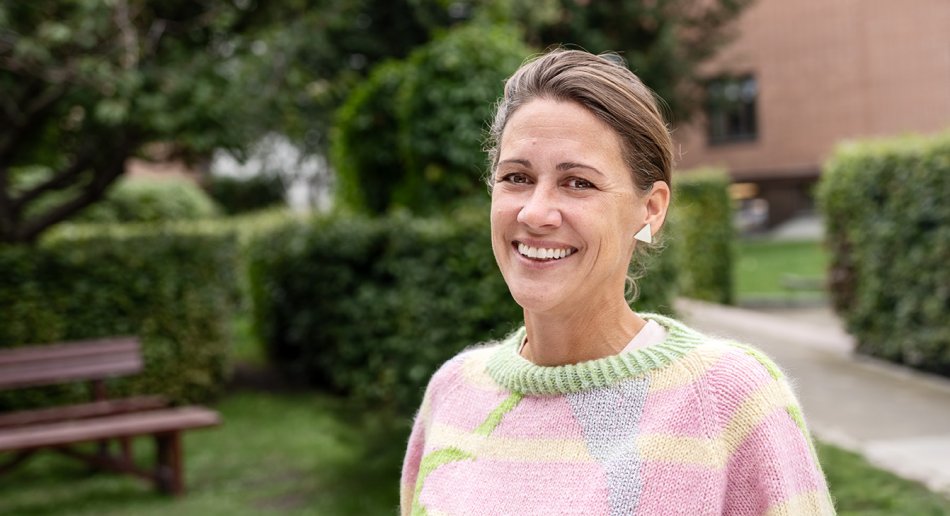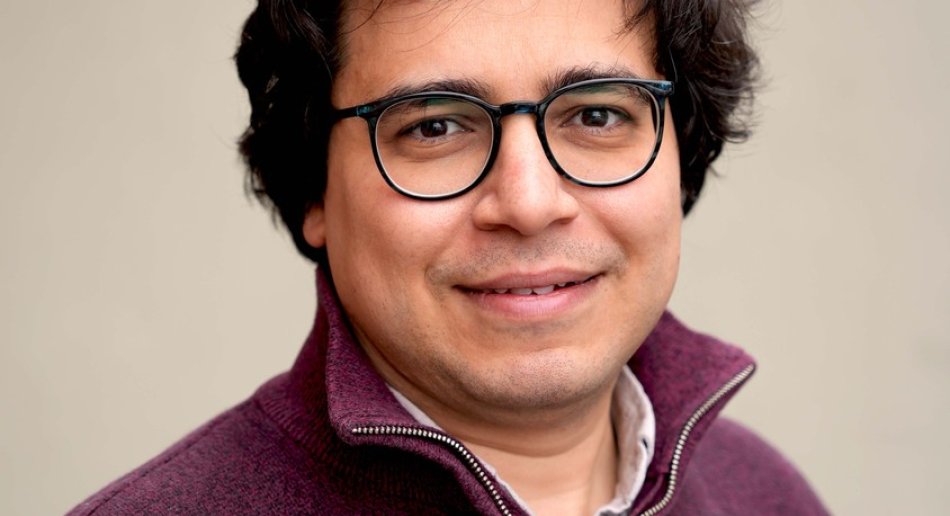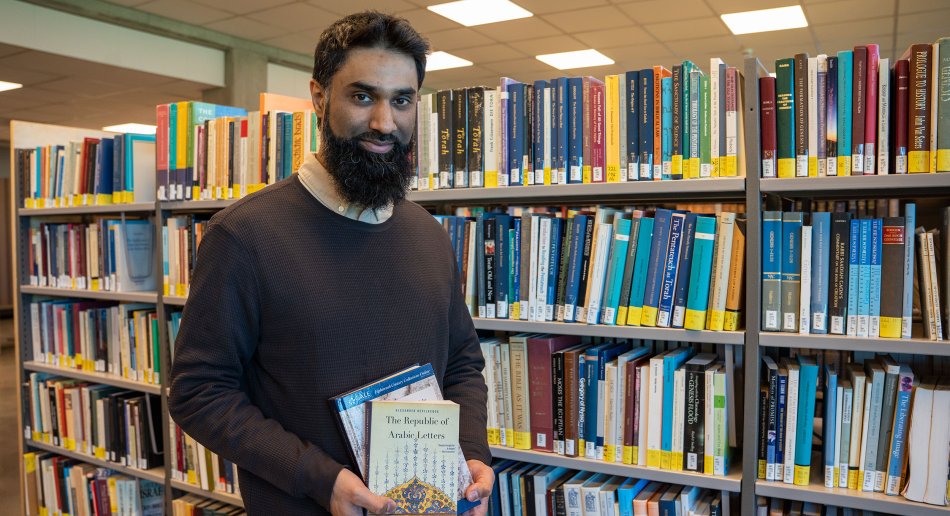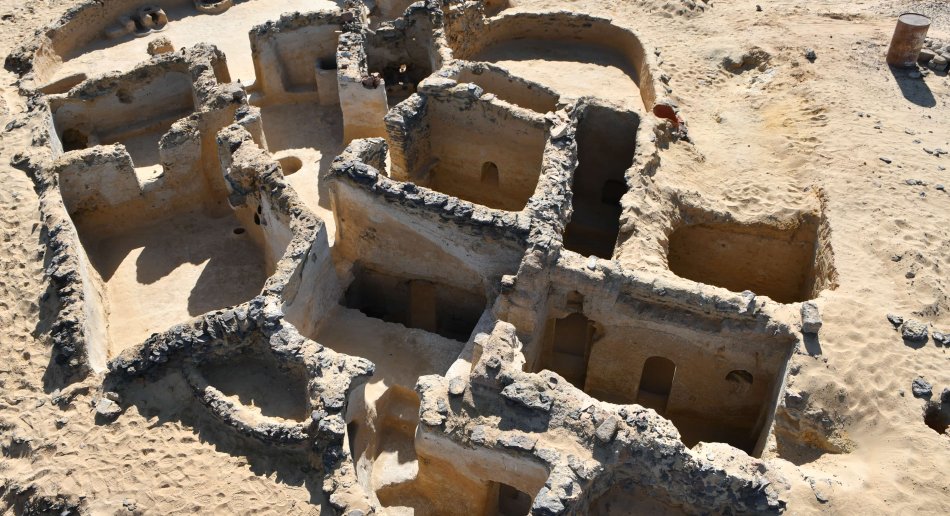
Can history education foster peace? MF researcher leads new international project
MF Norwegian School of Theology, Religion and Society has been awarded NOK 9.9 million by the Research Council of Norway for a prestigious international research project on how history education can contribute to peace and reconciliation in conflict-affected societies. – We know that history can be used for peace and reconciliation, but all too often it is used for the opposite – to create enemy images and hostility, says Associate Professor and project leader Merethe Skårås.
The project “History education for reconciliation and justice: Difficult history in divided societies – JUSTHIS” will investigate how difficult history is taught in countries with deep ethnic, religious and political divisions.
The researchers will analyse textbooks and curricula, observe classroom teaching, and study unofficial uses of history – narratives, songs and poems that circulate outside schools, in local communities.
– Research shows that history should be taught from multiple perspectives. But in divided societies there is often only one official narrative presented in schools. We want to explore whether it is possible to introduce multiple perspectives into the classroom – and how this can be done in practice, Skårås explains.
Fieldwork in the Nile Valley
JUSTHIS will focus on four countries in the Nile Valley: Egypt, Ethiopia, Sudan and South Sudan.
– All researchers in the project have previously carried out research in this region – on textbooks, curricula, oral storytelling and classroom practices. We work closely with local institutions, including the Rift Valley Institute, which provides us with invaluable knowledge of the region, says Skårås.
Several of the countries are experiencing armed conflict, and fieldwork involves high risk. Sudan is marked by full-scale war, while South Sudan has a fragile peace agreement and is preparing for its first democratic elections in 2026. Ethiopia is struggling with both conflict and economic crisis, and in Egypt the education system is tightly controlled, making school-based fieldwork challenging.
– This is precisely why there is so little research on history education in these areas – and why this project is important. If we succeed in developing new approaches to teaching multiple historical perspectives, it could have a significant impact on how people live together across ethnic, cultural and religious divides, Skårås emphasises.
I believe history education is underestimated in terms of how much it actually shapes the way we live together.
merethe skårås
Relevance for Norway and Europe
Although the project focuses on the Nile Valley, Skårås believes it is also highly relevant for Norwegian and European schools.
– Education is used politically everywhere. We saw it in Russia after the invasion of Ukraine, and we see it in the Balkans. Norwegian textbooks are not flawless either – there are stories and perspectives here too that are marginalised. So there is much we can learn from this work as well, she says.
Personal motivation
For Skårås, the project is more than an academic exercise.
– Education is the only place in society where everyone participates. It is therefore crucial that it is an inclusive arena. It is not just about teaching literacy and numeracy, but about shaping our shared identity – about who we are. I believe history education is underestimated in terms of how much it actually shapes the way we live together, says Merethe Skårås.
Project facts
- Title: History education for reconciliation and justice: Difficult history in divided societies – JUSTHIS
- Project leader: Associate Professor Merethe Skårås, MF Norwegian School of Theology, Religion and Society
- Project members:
- Benise Bentrovato, University of Pretoria (South Africa)
- Nicky Kindersley, Cardiff University (United Kingdom)
- Yosa Wawa, Rift Valley Institute and University of Juba (South Sudan)
- Countries in focus: Egypt, Ethiopia, Sudan and South Sudan
- Project duration: Four years, starting 1 January 2026
- Funding: Research Council of Norway – Research Project for Early Career Scientists (FRIPRO)




